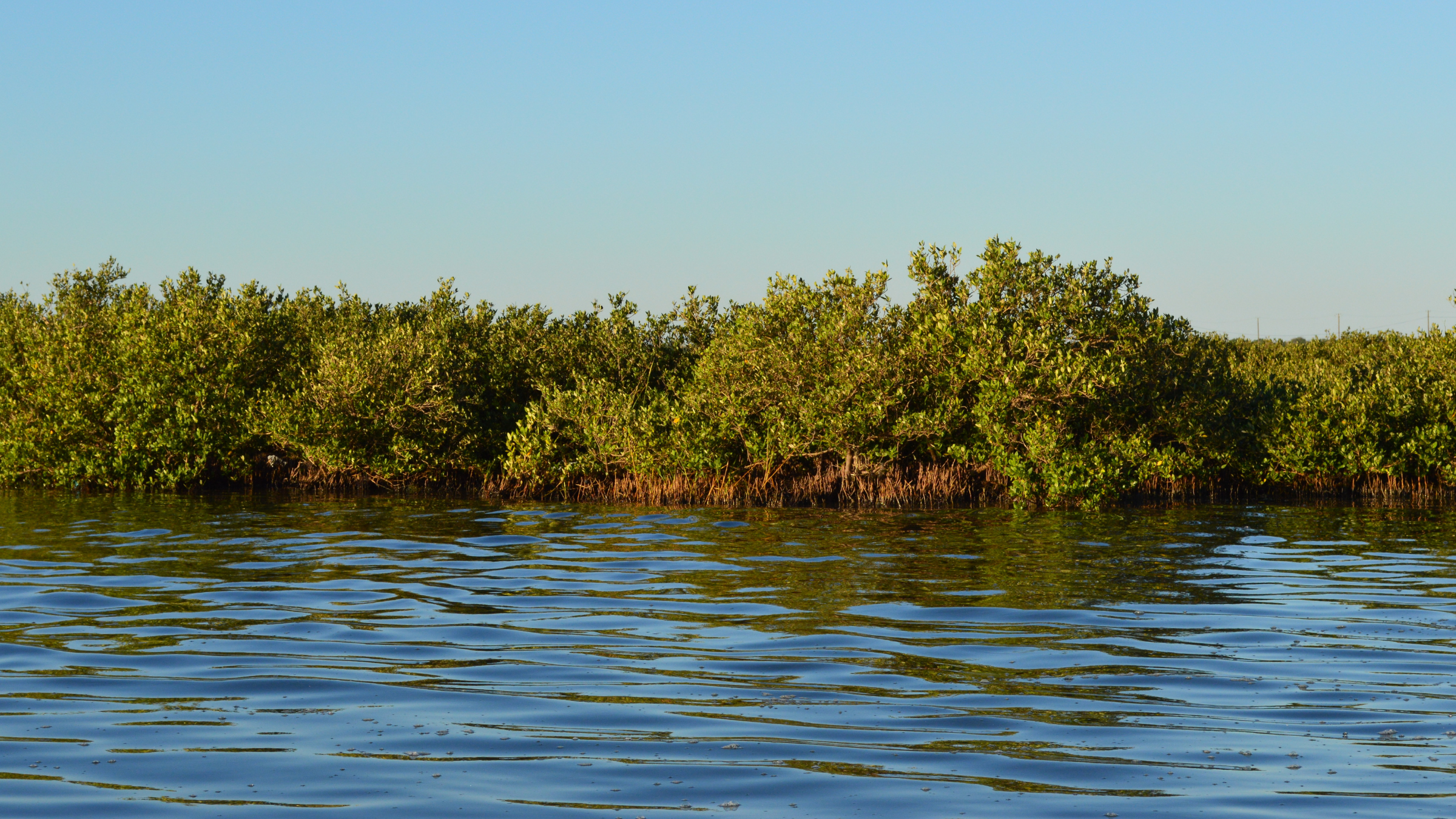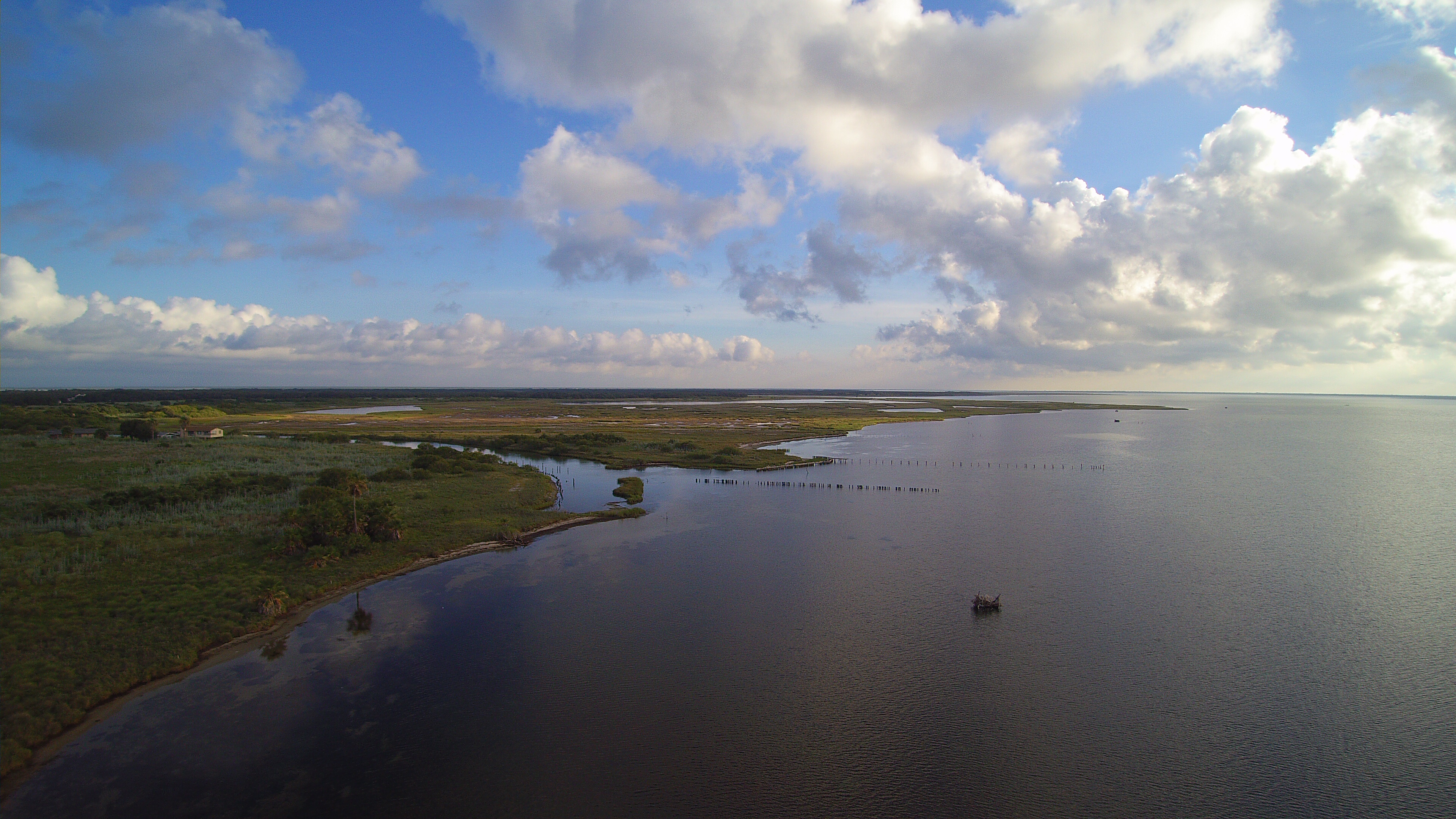News
Marine Science Literature for Desalinization & Channel Deepening Projects
Scientific literature pertaining to desalination and deepening of the Port Aransas Ship Channel

The Power of Code: No Fish Too Small
A new study documents how researchers use network analysis to determine the relationship between the genetic diversity of a cryptobenthic fish and its habitat.

Vital Seagrasses in Gulf of Mexico Are Retreating Amid Rapid Sea Level Rise
At the Gulf Coast, rising sea levels are linked to a loss of valuable seagrass habitats in Texas, new research has found.

Heartbeat of the Estuary
Philip Souza’s research is focused on the sounds that fish along the Texas Gulf Coast make to attract mates or defend territory.

Philanthropic Gift Establishes Historic UT Commitment to Monitoring Texas’ Natural Resources
A transformative donation allows for the expansion of a Texas Field Station Network to study biodiversity and sustainability.

Movin’ on Up
Climate change causes mangroves to encroach on salt marshes, prompting scientists to assess distribution and data gaps.

‘We’re All Asgardians’: New Clues about the Origin of Complex Life
All complex life, a.k.a. eukaryotes, trace their roots to a common Asgard archaean ancestor.

When Weather Whiplash Becomes the New Normal
Estuaries face increasing climate-induced changes. An 8-year study found droughts and floods shift phytoplankton from diatoms to cyanobacteria, impacting ecosystems.

Saving the Last Rookery Island in Aransas Bay
NOAA awarded $4M to restore Deadman Island in Aransas Bay, vital for colonial waterbirds and local nature tourism.

Positive Feedback Loop Suggested for Ocean Acidification and Global Warming
Research shows ocean acidification disrupts nitrogen cycling by slowing nitrification and increasing nitrous oxide emissions, worsening global warming impacts.

